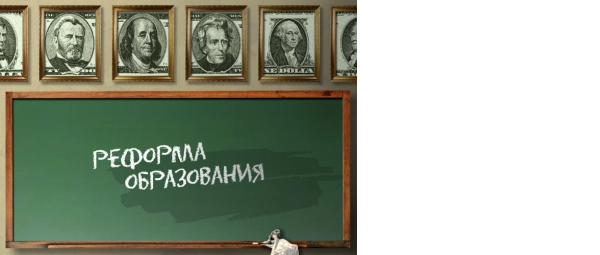Higher education becomes less affordable for the majority of the population
 The situation has not changed
The situation has not changed

For the third time the Ministry of Education is planning to raise tuition fees for higher education. De jure it is justified by salaries increase as of 1 January 2012 by 32.5%. However the real reason is the desire of the Ministry of Education to overcome the consequences of the devaluation in 2011.
It is not clear what would be the increase of tuition fees. Previously higher education institutions had a right to decide on their own. However, undoubtedly the following increase will hit the budgets of families where parents pay for their children’s education.
At the same time the issue of increasing tuition fees becomes crucial for the majority of students, as higher education in Belarus becomes mostly paid. For instance, out of 105.7 thousand students in 2011, less than one third has been supported from the state budget (32.9 thousand). Student scholarships at public universities paid by the government vary from Br 376 to 601 thousand (i.e. from USD 45 to USD 70). The majority of students (53%) study in the capital.
For example, tuition fee in one of the most prestigious Belarusian Medical University at the end of 2010 amounted to Br 5.43 million per year (about $ 1,750 at the NBB rate). Current fee is Br 9.73 million per year (UDS 1158). With 50% increase the cost of tuition will reach Br 14.595 million or USD 1737. For the vast majority of Belarusian families this amount is unrealistic, in particular, bearing in mind that by the end of 2010 the average salary was USD 500, and by the end of 2011 it fell to USD 290.
Trends in the Belarusian higher education are as follows: 1) distance learning is becoming increasingly popular. Today about 60% of students of Belarusian universities are correspondence students. Over the next three years, the Ministry of Education plans to gradually reduce them to 30-40% of the total number of students. 2) Due to unfavourable demographic situation the country expects the cut-down in the number of students in the mid-term, therefore the Ministry of Education is planning to threefold the number of international students by 2015. Currently, international students make up 2% of all students (10 486 students from 84 countries). The government counts on students from Russian, Asia, Latin America and Africa.
In order to increase the share of international students and to ensure full integration of the Belarusian higher education at the European market of educational services, the Ministry of Education advocated for the access of Belarus to the Bologna process. However, this process is complicated by the fact that the Belarusian educational system is not regulated and often bears a hybrid nature: a Soviet model put on a market economy track. Among other things, universities do not enjoy autonomy and academic freedoms.
Moreover, visa sanctions introduced by the EU cause the reputational damage to the entire high school system of Belarus. After December 19, 2010 some rectors of Belarusian universities, in particular, Rector of the Belarusian State University were added to the “black list”. Certainly, it neither helps the openness of the Belarusian academic community nor strengthens the European dimension in the higher education.
Experts say that becoming part of the Bologna process will not alter the quality and structure of the education system significantly. At the same time, the very accession of Belarus to the Bologna process is still questionable. At a meeting of a working group of the Bologna Process, held on January 18-19 in Copenhagen, it was stated that Belarus fails to meet a number of accession criteria. The final decision on accession of Belarus will be taken on 26-27 April 2012 in Bucharest.
Subscribe to our newsletter




Situation in Belarus
Constitutional referendum: main consequences


 Video
Video
How to count the political prisoners: are the new criteria needed?


 Video
Video
Paternalism In Decline, Belarusian Euroscepticism, And The Influence Of Russia


 Video
Video












